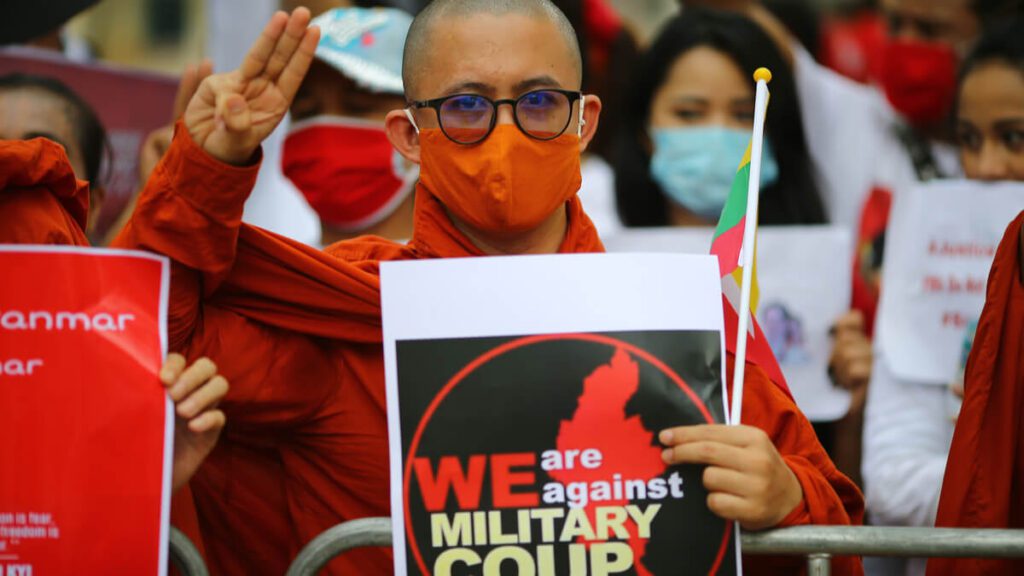Telenor weighs Myanmar exit as conditions worsen

Norwegian telecoms provider Telenor is currently assessing a possibility to exit the Myanmar market, citing the worsening economic and business environment outlook and a deteriorating security and human rights situation, with limited prospects of improvement, the company said in a statement late last week.
This statement was echoed by news reported by Reuters, who quoted three telecoms sources who spoke on condition of anonymity in fear of reprisals, that the telco is indeed eyeing up a sale of its Myanmar operations.
“Telenor Group underlined at the time that the operations in Myanmar continued, and that the future presence would depend on the developments in the country and the ability to contribute positively to the people of Myanmar. Due to the continued situation, Telenor Group is in the process of evaluating various options with regards to its presence in the country,” Telenor’s statement read.
The Norwegian operator, and the telecoms sector, has been experiencing increased pressure on multiple fronts in the area, as it stands toe-to-toe with the country’s junta over its employees’ safety, while confronted with a draconian cybersecurity bill.
Earlier in May, Telenor recorded an impairment loss of $779.4 million by its Myanmar operations due to the country’s collapse from both security and human rights perspectives.
Following its military coup on February 1, the junta has repeatedly forced internet service providers to shut down or restrict access to the web since seizing power and imprisoning local leaders; Telenor had attempted to provide transparency by publishing any ordered outages on its website, but then halted following continuous pressure from the army.
Reuters also reported that the junta has sent out letters to the heads of operators in Myanmar warning them that they are not allowed to exit the country without an approved permission. In parallel, the army sent out a second letter notifying telcos that they must enable the use of interception technology allowing them to eavesdrop on calls, messages, web traffic, as well as tracking individuals, Reuters’ source was quoted as saying.
These authoritarian practices have been met with fierce daily protests, as Myanmar’s once bustling telecoms sector continues to plummet under the junta’s rule.
However, this is not the only fight telcos have been battling within the country.
The junta are currently looking to pass a new cybersecurity bill that would force providers to deliver user data whenever requested, as well as bar and delete any content posted online, they deem to be negatively affecting “unity, stabilization, and peace.”
When talk of the bill first surfaced earlier in February, the Norwegian operator’s chief exec Sigve Brekke was swift to slam the bill, telling the Financial Times that it was too broad, failed to consider human rights, and should not be implemented as written.
“We are very, very clear in our response. How that is going to be received, I don’t know… It is a very uncertain and irregular situation,” Brekke added.
Many have described the bill as draconian, with Human Rights Watch highlighting that it would give the junta “almost unlimited power to access user data, putting anyone who speaks out at risk.”
Telenor had faced previous pressure when military officials ordered it to block access to various social media platforms such as Facebook, Instagram, and Twitter.
Facebook is considered the most popular in Myanmar with 21 million active users, as Brekke noted that the proposed law would “silence peaceful political speech” and called for the “immediate retraction of this law.”
